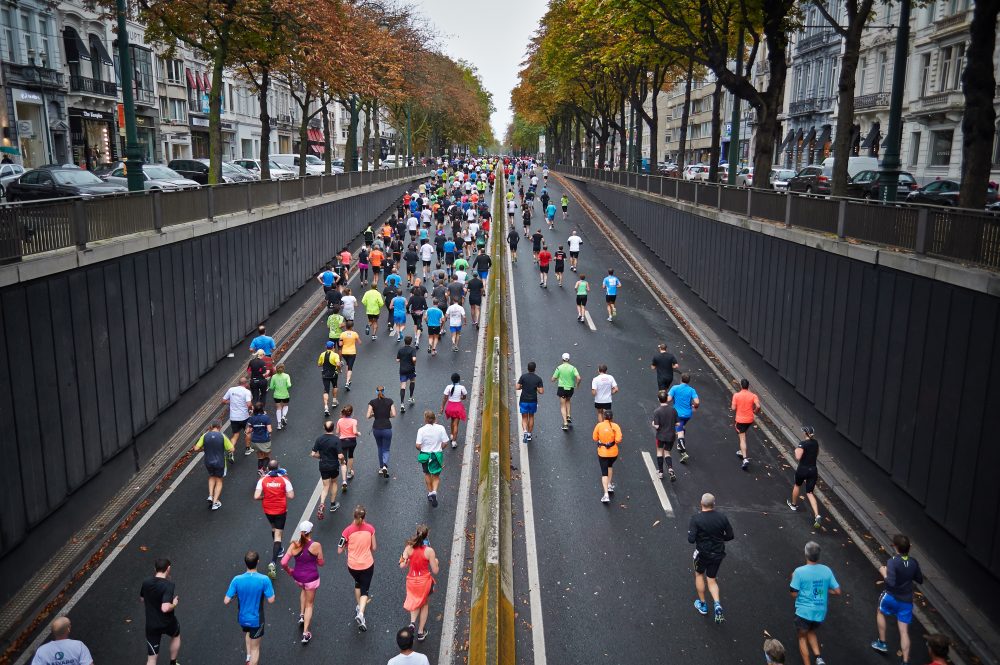
Hope is the author of 'Stand Tall Little Girl', a book about her eating disorder struggles. Here she talks openly about why young people struggle to express their emotions and why self-harm challenges might be on the rise.
When you walk down the road you have no idea what other people are going through, what they are thinking, or what their history is. When people look on at me they assume I am a happy young girl living in London. But in reality everyone has their own story and their reasons for acting the way they do.
Researching methods of self-harm have never been easier, and the world we live in sometimes means that people find it easier to self-harm than to admit they are struggling.
Last year, NHS figures showed that the number of young people self-harming had increased. It was sad but at the same time intriguing. The figures emphasized that numbers of young girls being admitted to hospital for self -harm had quadrupled, and the number of young boys cutting themselves had also increased by 186%. This got me thinking – why now?
Why did I as a young person and why do so many other young people struggle to express their emotions? Is there more pressure today on people generally and do people feel that self-harm challenges are becoming more of a thing? More fashionable?
I believe the answer to all those questions is yes. Much of this is fueled by self-harm methods such as the salt and ice challenge or the blue whale challenge being discussed so openly in chat rooms. If you scroll through these pages you come across people from around the country offering advice, methods and their thoughts.
These chat rooms fuel this epidemic. They bring young people in to a false sense of security.
For me growing up, my self-harm came out in not eating and damaging my body through over-exercising. Anorexia was my way of challenging emotional pain and my way of being in control. I challenged those intense emotions that I did not know how to cope with and emotions that I definitely did not want to feel. And I had an element of what I thought was control over my life through limiting my food intake.
When I was 17 I was admitted to a mental health hospital where I lived for a year recovering. I spent a year talking about how I felt, putting on weight so I was healthy and learning how to manage moving forward. It was one of the hardest years of my life but it taught me about the importance of sharing how I feel.
For people with any mental health problem, sharing how you feel can sometimes feel so hard. You might feel like a burden or afraid of what will happen if you do share how you feel, but you mustn’t feel like that. It is so important to talk, share your feelings and find people that you can be honest with. I know that from talking about how I felt - this is something that has kept me well.
You are probably reading this blog feeling like I am lecturing, feeling like I have no idea where you are or why you feel how you do. But I get it. The thrill of missing a meal, surviving off of nothing before going for long runs left me with a similar sensation.
Self-harm may feel like it sorts you and comforts you, gives you some element of control… but in reality it is not doing that.